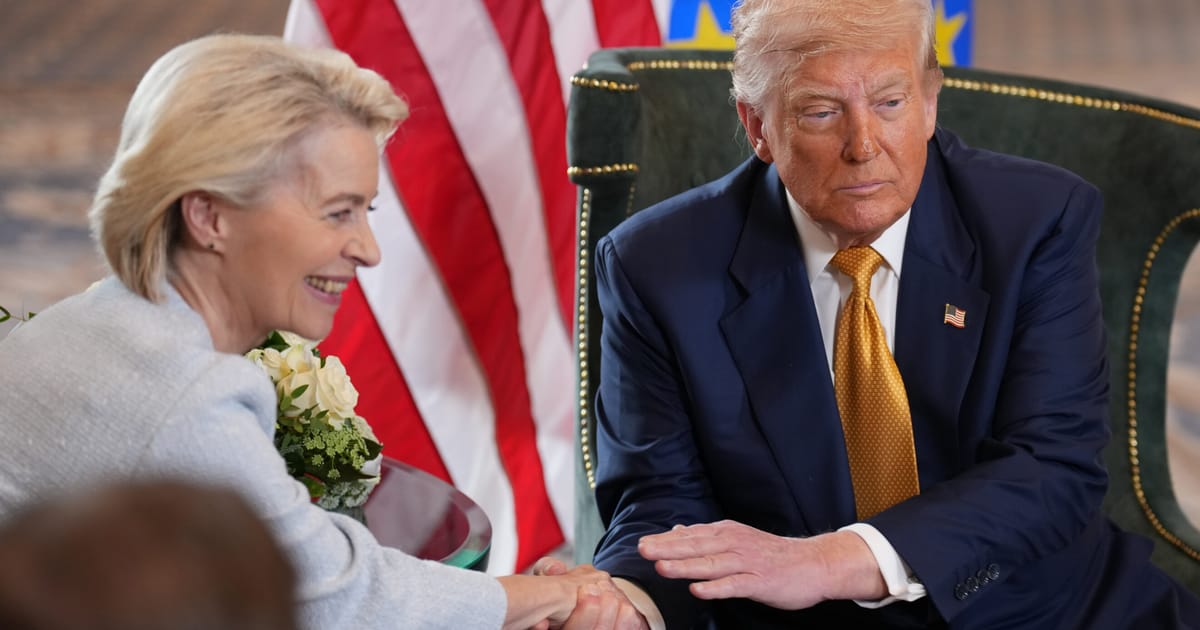

In the ever-evolving landscape of global diplomacy, recent developments highlight the convergence of international efforts towards addressing complex issues from trade to longstanding geopolitical conflicts. Notably, discussions and decisions on both economic and political fronts demonstrate a shared vision for cooperation and peace.
Embracing collaboration at the international level, the United States and the European Union have reached a significant agreement to collectively address China’s excess production of subsidized steel. This collaborative endeavor aligns with their ongoing commitment to ensuring fair trade practices and stabilizing the global steel market. Washington and Brussels are poised to strategize effectively, focusing on the common goal of balancing economic competition while countering market disruptions, and in so doing, setting an example of transatlantic unity.
On a different front, the turbulence in the Middle East continues to capture the attention of world leaders. The United Kingdom, under Prime Minister Keir Starmer’s leadership, has undertaken a significant diplomatic step concerning the Israeli-Palestinian conflict. Acknowledging the complex history and political sensitivities involved, Prime Minister Starmer has proposed a “pathway to peace,” a plan rooted in diplomatic engagement and mutual understanding. While history records the challenging road that previous UK leaders have faced in the region, Starmer’s initiative underscores the enduring hope for peaceful resolution and reconciliation.
In a proactive move, the UK government has laid down conditions for the formal recognition of the state of Palestine slated for September. This decision arises amidst escalating humanitarian concerns in Gaza, emphasizing the urgency for a sustainable ceasefire and a renewed commitment towards a two-state solution. The cabinet’s consensus emerges partly in response to the growing international momentum, following France’s recent acknowledgment of Palestinian statehood. Such recognition not only reflects the UK’s stance on fostering peace but also signifies a potential shift in diplomatic dynamics within the G7 countries.
As the September deadline approaches, the emphasis remains on diplomatic discussions to hold Israel accountable to ceasefire conditions. The gesture of potential recognition serves both as a diplomatic overture and a strategic encouragement for peace negotiations. The UK’s stance intends to complement ongoing peace efforts, inviting dialogue and cooperation while emphasizing the humanitarian imperative of resolving the crisis in Gaza.
These developments are emblematic of a broader international context where nations are seeking equitable solutions to protracted issues, whether through economic agreements like the US-EU steel deal or political strategies like the UK’s Middle East roadmap. Such collective actions affirm a commitment to lasting peace and prosperity, resonating with the hope for a future where collaborative solutions overshadow divisive histories.
Amid these diplomatic efforts, the unfolding scenarios underscore the delicate balance of pursuing peace through recognition and negotiation. The evolving dynamics in Middle East politics and global economic interdependence inspire a deeper reflection on the potential for cooperation to overcome historical challenges. As nations engage in thoughtful dialogue, they pave the way for more inclusive, sustainable global alliances.
In conclusion, the intersection of these critical international initiatives highlights a hopeful trajectory toward constructive resolutions. Through mindful diplomacy and collaborative partnerships, the promise of peace and stability remains within reach, guiding the world toward a more harmonious future.
Source: {link}
